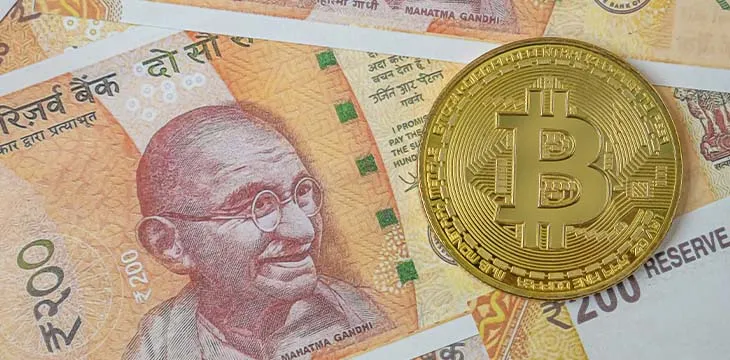|
Getting your Trinity Audio player ready...
|
Shaktikanta Das, the governor of the Reserve Bank of India (RBI), has long maintained that digital currencies are not to be trusted. He has echoed this stance, stating that the assets have no underlying value to speak of.
The local news outlet Inc42 reports that he made the statement while speaking in a live interview with CNBC-TV18. Das noted that before the market crash, the RBI had been warning of the risks involved in investing in digital currencies.
He also noted that the RBI continues to consider digital currencies a serious threat to India’s economic stability. This is one reason he is confident that the government and the RBI will continue to be in alignment as they consider the regulatory questions.
“We have been cautioning against crypto and look at what has happened to the crypto market now… There are big questions on how do you regulate it. Our position remains very clear, it will seriously undermine the monetary, financial, and macroeconomic stability of India,” Das said.
Das’ remarks are coming after the RBI warned that digital currencies would “dollarize” the Indian economy. The central bank officials explained to Parliament that almost all digital currencies are dollar-denominated and issued by private foreign entities. This could be detrimental to India’s sovereign interests.
Meanwhile, the RBI governor’s position on the value of digital currencies is also shared by Christine Lagarde, the president of the European Central Bank. Politico reports that the international central bankers asserted that digital currencies have no intrinsic value. She also talked about the advantages of CBDCs.
India becoming more unfriendly to digital currency industry
What the RBI governor’s stance on virtual currencies points to is that India is likely to make even more restrictive regulations for the industry, and this may already be happening.
CoinGeek recently reported that India is now considering imposing a 28% Goods and Services Tax (GST) on digital currency transactions. The GST committee is already in the advanced stages of formulating the rule that will put digital currencies in the same GST tax category as gambling.
Some observers say that added to the already implemented 30% capital gains tax on the asset class; the government may succeed in stamping out digital currencies without banning them.
The high tax burden is bound to bleed out whatever gains investors make from investing in the market. This will makes the asset less attractive to investors in the long run.
Watch: CoinGeek New York panel, Increasing Footprints of BSV Blockchain in Middle East & South Asia

 07-08-2025
07-08-2025 





